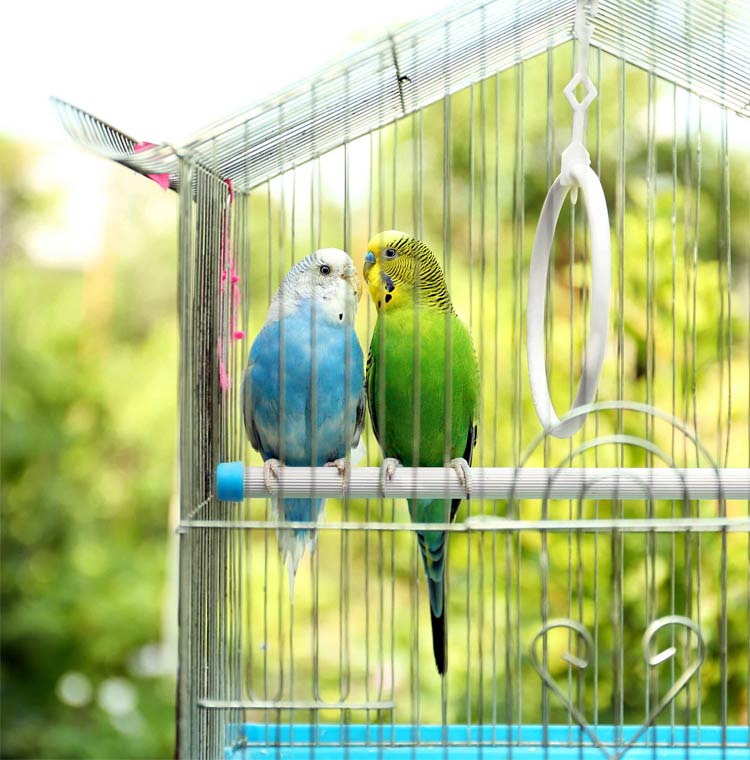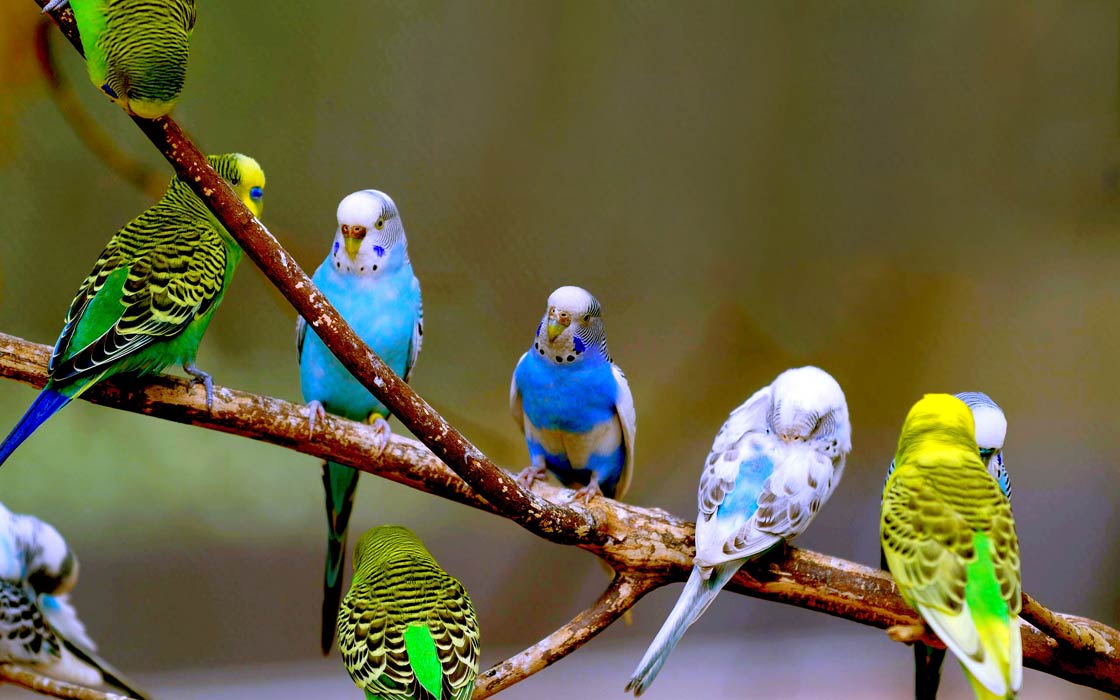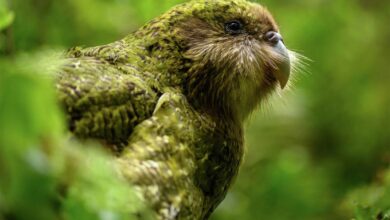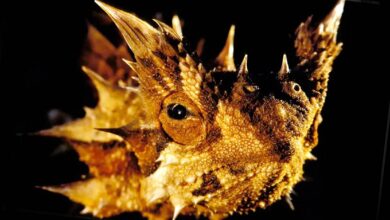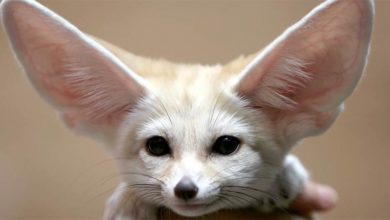Feathered Friends on Campus: How to Care for Birds in Small Student Spaces
Being in college often means adapting to small living spaces, like dorm rooms or shared apartments. For many students, this transition can feel a bit lonely. That’s where the charm of having a feathered companion is so appreciated! Birds, with their vibrant personalities and relatively small size, make ideal pets for students.
However, caring for a bird in such a limited space has its challenges. It’s not just about providing a cage and daily food; it involves creating a safe, stimulating environment that caters to their unique needs. Sometimes, this might require you to find a 5 page essay writer at EssayHub for your homework to carve out more time in your schedule for proper bird care. As you read on, you’ll find seven more practical recommendations to ensure your feathered friend thrives, even in the smallest of student accommodations.
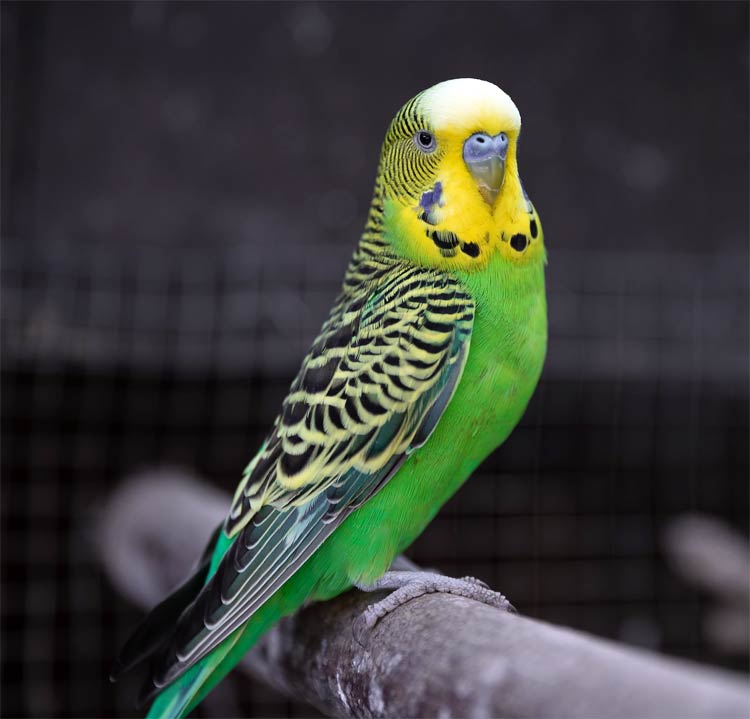
Choosing the Right Bird for Your Campus Lifestyle
Not all birds are created equal, especially when it comes to fitting into a student’s busy schedule and compact living space. Smaller birds like budgies, canaries, and finches are often ideal for students. For instance, a budgie can be quite content in a modestly-sized cage with some toys and regular interaction.
However, personality matters too. While finches are beautifully independent, requiring less direct interaction, parakeets thrive on social engagement. So, if your course load is heavy and you’re often out, a pair of finches might be more up your alley. But if you crave interactive companionship during those late-night study sessions, a chatty budgie might be your best bet.
Essential Bird Care Supplies
Getting your feathered friend set up involves more than just a cage and some food. You need to think about their entire habitat:
- A sturdy cage: Size matters, but so does quality
- Perches of various sizes: These are crucial for foot health
- Food and water dishes: Preferably ones that attach to the cage
- High-quality bird food: Tailored to your bird’s species
- Toys: Think mirrors, bells, and chewable items for mental stimulation
- A cuttlebone or mineral block: For beak health and calcium
- Bird-safe cleaning supplies: Hygiene is paramount
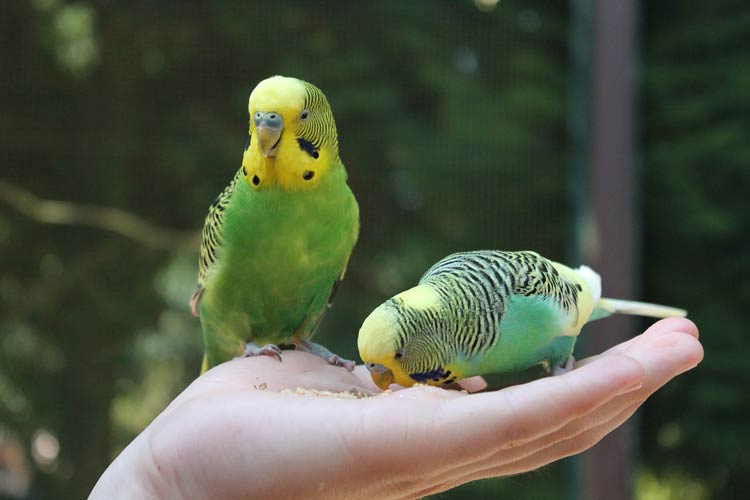
Creating a Bird-Friendly Space in Your Room
Your bird’s cage should be a safe, engaging, and comfortable place. Positioning the cage in a part of your room where there’s natural light and some social interaction, but not direct sunlight or drafts, is key. Birds are social creatures and enjoy being where the action is, but they also need their quiet time.
Additionally, consider the noise level in your room. While some background noise is good, constant loud music or TV can be stressful for birds. If you’re the life of the party type, setting up a quiet, separate space for your bird during your social gatherings is a thoughtful move. Your feathered friend will appreciate the peace and quiet when things get a bit too lively.
Diet and Nutrition
A bird’s diet is much more than just seeds and water. Here’s your bird’s menu:
- A variety of seeds: But not as the only food source
- Fresh fruits and vegetables: Think leafy greens and apple slices
- Pellets: These are specially formulated for complete nutrition
- Fresh water daily: And keep an eye on the water quality
- Occasional treats: Like millet sprays, but in moderation
- Calcium sources: Like cuttlebones or mineral blocks
It’s vital to research the specific dietary needs of your bird’s species. For example, while budgies love seeds, they may develop health issues without a varied diet. Incorporating pellets and fresh produce ensures a balanced diet.
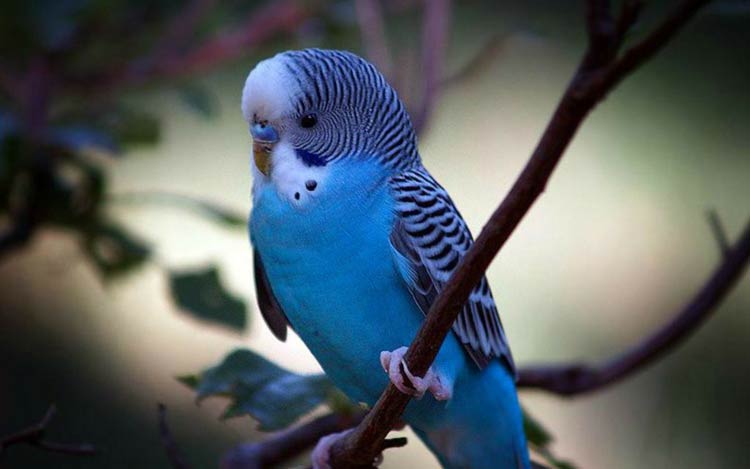
Health and Hygiene
Birds can be adept at hiding their illnesses, so it’s crucial to be proactive about their health. Cleaning the cage and changing the water is fundamental. Signs like a change in eating habits, lethargy, or ruffled feathers can indicate problems.
Also, consider setting up an annual check-up with an avian vet. These specialized vets can provide tailored advice and catch any potential health issues early.
Bird Behavior and Social Needs
Birds are companions with their own personalities and social needs. Understanding their behavior is critical to a harmonious coexistence. For instance, birds are naturally more active and vocal in the morning and evening, mirroring their wild ’dawn and dusk’ activities.
Moreover, some birds, like parrots, can develop powerful bonds with their owners and may show symptoms of distress if they feel neglected. Regular interaction, training sessions, and even teaching them tricks can enhance their quality of life.
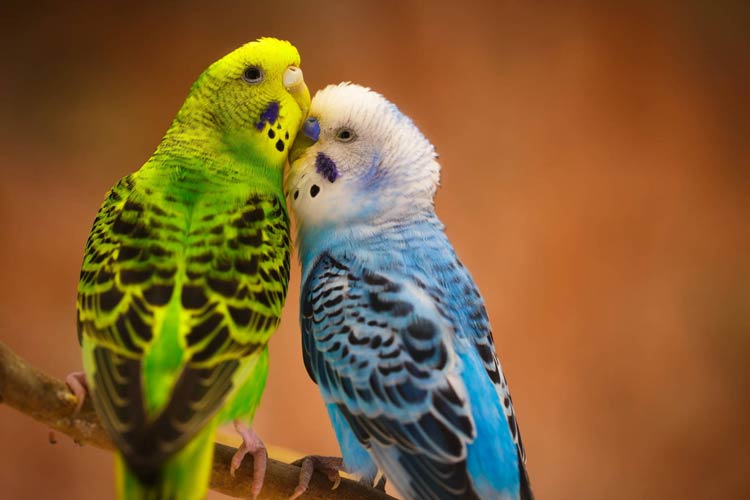
The Balancing Act: Study Time vs. Bird Time
Owning a pet while in college is a juggling act. Birds, in particular, require daily interaction and socialization to stay happy and healthy. This could be as simple as talking to your bird while you study or letting them out for a supervised fly-around in a bird-proofed room.
Setting a routine is beneficial for both you and your pet. Perhaps a morning chat with your bird can become an element of your morning routine. Similarly, some quality time in the evening can help you both wind down. If you’re working on complex academic projects at the moment, some help from the best dissertation writing service can ease your life and help you find more time to take care of your pet. It’s about making your bird a part of your daily life in a way that suits your schedule.
Wrapping Up
Bringing a bird into your college life can be an enriching experience, offering companionship and a unique opportunity to learn about the care and behavior of these fascinating creatures. Remember that the key is commitment. The effort you put into caring for your bird will be reflected in the joy it brings into your life. Birds are not just pets; they become part of your college adventure, adding life to your student years. So, embrace the challenge and watch as your feathered friend becomes part of your college story.
